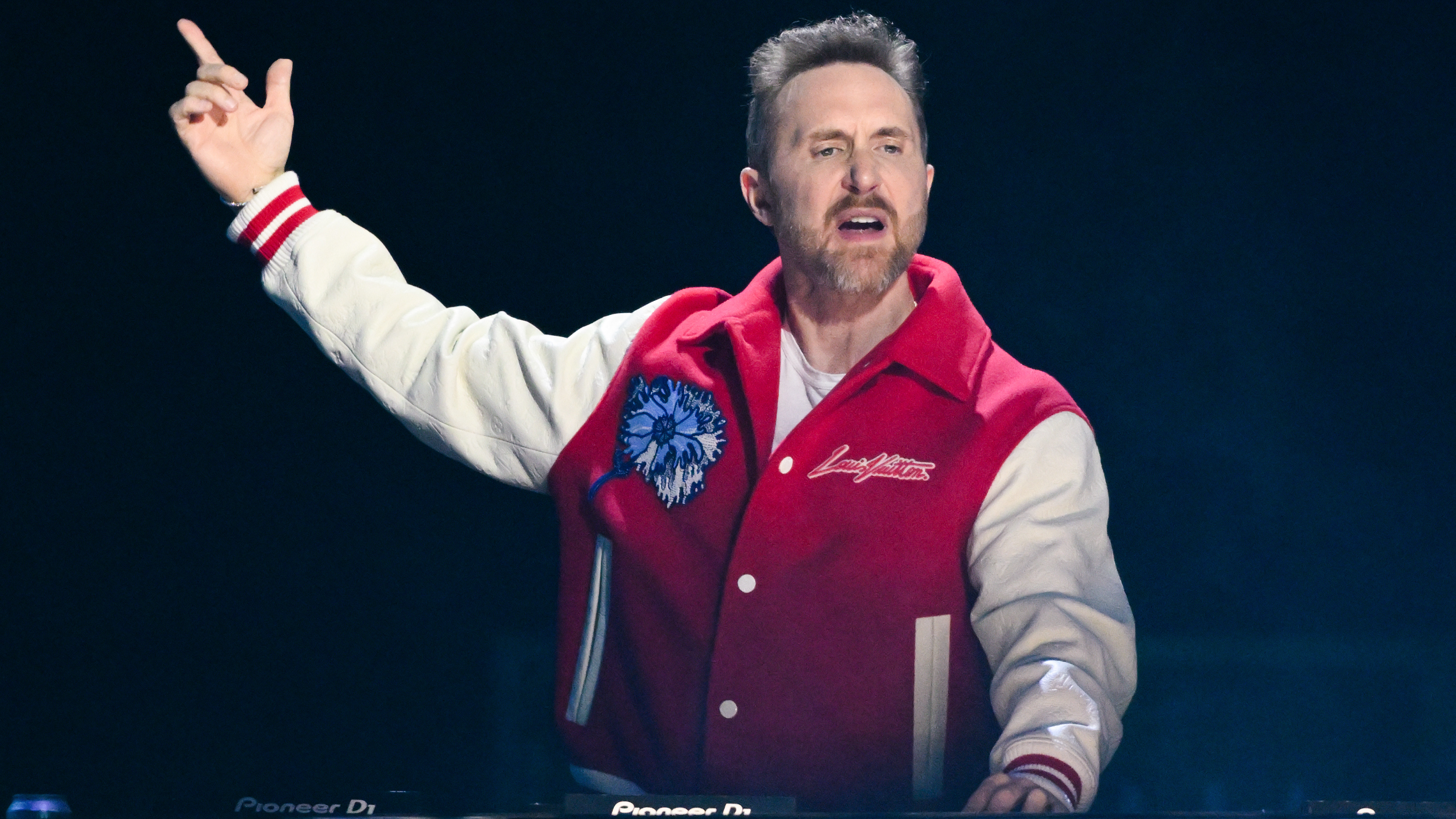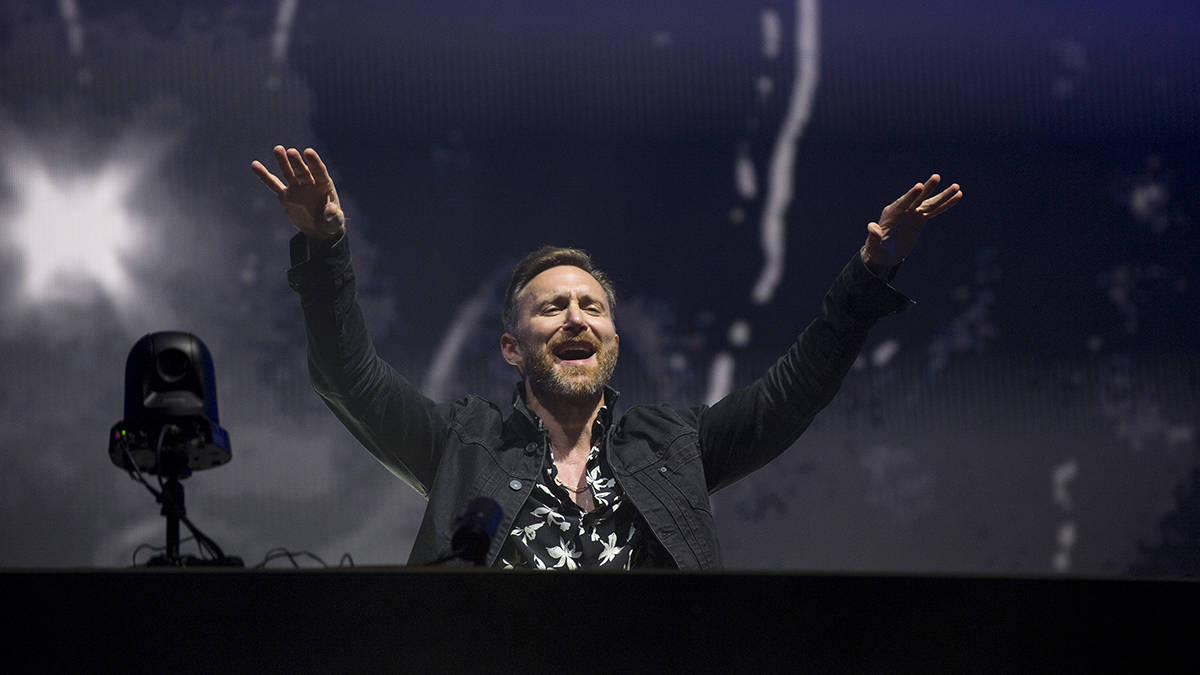"I don't see this as a threat": David Guetta says AI will win the music-making battle, and he's fine with that
It might be able to make great music, he says, but AI will never have great taste

"AI is going to be able to learn everything. So, of course, it is going to win at the end"
David Guetta thinks that AI will win the battle for music-making but not necessarily the entire war. Use it, abuse it, but never expect it to be the arbiter of good tase, he says, although the end result could mean we're swamped with (even more) terrible music.
In the latest Rolling Stone Music Now podcast, French superstar DJ and producer David Guetta says that we should all embrace AI as a creative tool rather than try and fight it.
"I don't see this as a threat," he says. "A lot of people are freaking out [at] the moment. I just see this as another tool for us to make better records [and] make better demos."
For these, he sees the use of deepfake vocals as a useful tool for whenever he needs to send one of his tracks to a high-profile artist, just so they can get an idea of how their vocal will sound. While that's not quite an application most of us will use AI for, he does see other benefits of the technology and has already used them in his compositions.
"During those songwriting sessions, sometimes you're just missing one sentence," he says. "[So] it's just a source of inspiration."
And Guetta sees the technology as only improving in power, and very quickly at that. He is very close to AI development, with several contacts in the industry on hand to show him just how fast it is moving.
"I have a friend that is working on an app right now. We were in the studio together. On the last day we were working, he told me [that] there's a new engine that just came out that's ten times more powerful than the one he was using, which was already ten times more powerful than the one I was using three months before."
Want all the hottest music and gear news, reviews, deals, features and more, direct to your inbox? Sign up here.

Guetta predicts that AI will become so powerful that it will eventually be able to do everything we do when it comes to music-making… and more.
"We all do what we've learned," he states. "The difference is that AI is going to be able to learn everything. So, of course, AI is going to win in the end. We need to be a little more humble and accept that AI is just going to do what we do. I think it's going to be amazing, but I'm really not scared at all."
And the reason Guetta is not fazed by AI is simply because it lacks an element that will always be the key difference between it and human music creation.
"What AI will never have is taste," he says. "It is going to be one more tool to democratise music, but if you have terrible taste, your music is still going to be terrible, even with AI and [using] the voices of Drake and The Weeknd. If your song sucks, is still going to be a bad song."
So on the one hand, it's good news – we can all use AI in our music productions just like any other creative tool. But if AI can't replicate good taste, there's going to be an awful lot of bad music created by it. You can't have everything, we guess.


Andy has been writing about music production and technology for 30 years having started out on Music Technology magazine back in 1992. He has edited the magazines Future Music, Keyboard Review, MusicTech and Computer Music, which he helped launch back in 1998. He owns way too many synthesizers.
